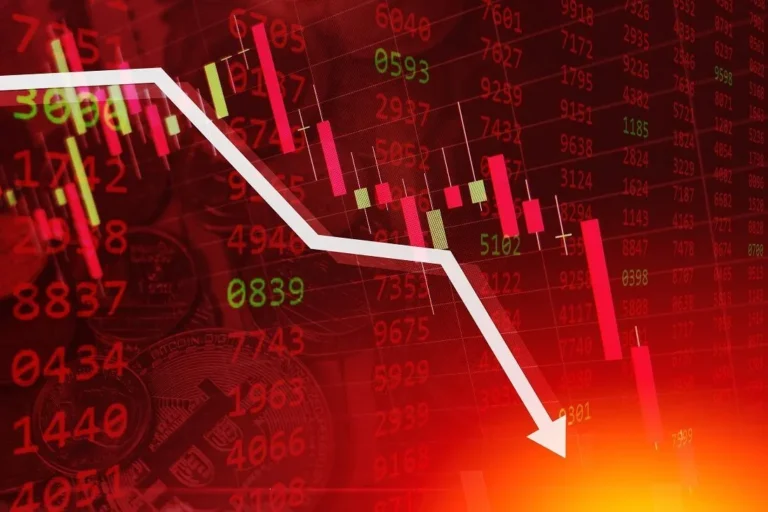On August 5, 2024, global financial markets experienced a sharp downturn as fears of a U.S. recession and escalating geopolitical tensions in the Middle East spurred a massive sell-off. Major indices like the Sensex and Nifty 50 in India plunged by more than 3%, leading to significant losses for investors.
Key Highlights of Global Market Crash :
- Indian Stock Market: The Sensex fell by 2,450 points, closing at 78,531.63, while the Nifty 50 tumbled 696 points to 24,021.35. The market capitalization of BSE-listed companies dropped by nearly ₹15 lakh crore in a single session.
- Asian Markets: Japan’s Nikkei 225 index saw its largest point drop in history, falling by 12.4%. South Korea’s Kospi plummeted 8.1%, leading to a temporary halt in trading. Other Asian markets, including Taiwan, Hong Kong, and mainland China, also faced steep declines.
- U.S. Stock Futures: U.S. stock futures continued their downward trend, with Nasdaq 100 futures dropping over 6% and S&P 500 contracts down more than 3%.
- Bond Market: Indian government bond yields fell, with the 10-year yield reaching its lowest level since March 2022. U.S. Treasury yields also declined sharply as investors anticipated aggressive rate cuts by the Federal Reserve.
- Currency Market: The Indian rupee hit a record low of 83.82 against the U.S. dollar. The Japanese yen, seen as a safe haven, strengthened against the dollar, trading at levels not seen since early January.
- Cryptocurrencies: Bitcoin prices dropped by around 15%, trading at $51,323.58. Ethereum and other major cryptocurrencies also saw significant losses.
- Commodities: Gold prices rose slightly on safe-haven demand, trading at $2,446.83 per ounce, while silver prices remained volatile.
Market Analysis:
Analysts suggest that the current sell-off, while severe, may be more of a short-term volatility rather than an indication of long-term panic. They recommend a staggered entry for investors looking to enter the market during these volatile times. The decline was largely triggered by concerns over the U.S. economy’s slowing pace and the Federal Reserve’s delayed response in policy support. Additionally, geopolitical tensions in the Middle East added to the uncertainty, further rattling investor confidence.
Conclusion:
The global market crash has highlighted the interconnectedness of global economies and the impact of geopolitical and economic concerns. Investors are advised to remain cautious and consider diversifying their portfolios to manage risks in these uncertain times.
This article provides a comprehensive overview of the global market crash, focusing on the factors contributing to the downturn and its impact across different markets.
Also Read :


